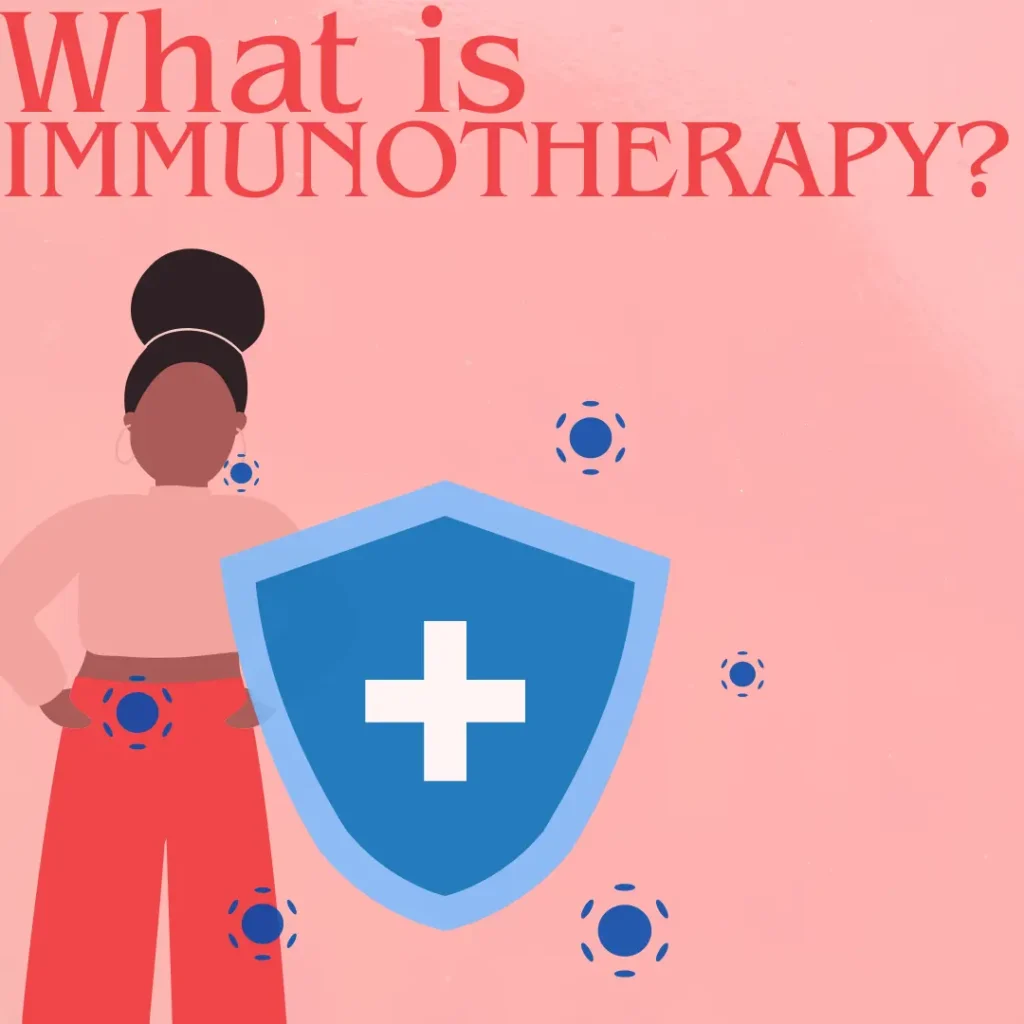Key takeaways: Immunotherapy is a new treatment option for mesothelioma patients, in which
drugs administered intravenously work to supplement and reinvigorate the natural immune
response. Because mesothelioma cells can only thrive if the immune response is damaged,
restoring its function is an effective treatment option. Despite a lack of consensus about
“standard practices” for treating mesothelioma, chemotherapy has typically been favored, given
its ease of access and relative success. However, with the advent and implementation of
immunotherapy, chemotherapy might be used less frequently.

Immunotherapy for Mesothelioma as Treatment Option
Immunotherapy is a relatively new form of treatment that targets, revitalizes, and calibrates the
patient’s immune system to attack mesothelioma cells. A characteristic of mesothelioma is the
cancer’s ability to hijack natural immunity–it “turns off” the immune system’s capacity to
identify and destroy antigens. It also usurps the anti tumor capacities of the immune system,
which are in place to prevent unchecked cellular growth and to prevent rogue cells from
becoming cancerous. So, mesothelioma can only develop when the immune system is
compromised or “turned off.”
Immunotherapy functions by turning on or off certain checkpoints in the immune response. For
example, Keytruda and Opdivo (approved and available treatments) work by targeting a protein
found on T-cells. T-cells are responsible for identifying, coordinating, and partaking in the
destruction of antigens and cancerous cells. The protein attached to T-cells, called PD-1, inhibits
the response of T-cells. So, Keytruda and Opdivo work to prevent PD-1 from blocking the
T-cell-mediated response, thus restoring the immune system’s capacity to destroy cancerous
cells. PD-1 blockers are only one example of the ways in which immunotherapy works to restore
functionality to different immune cells.
Potential Side Effects
Although it doesn’t have the same severity of side effects as chemotherapy, surgery, or
radiotherapy, immunotherapy is still associated with some negative responses to treatment.
Occasionally, some patients will have a reaction to the site of injection–as most
immunotherapeutic options are administered intravenously–like a rash or infection. Other times,
there could be a more systemic response, like fever or allergic reaction. In other instances,
patients may develop autoimmune issues, in which the body identifies itself as an antigen to be
destroyed. Luckily, these side effects are relatively rare and can be managed via pharmacological
intervention.
Compared to Other Treatment Methodologies
Because immunotherapy doesn’t seek to destroy or directly kill mesothelioma cells, it’s relatively
more effective than systemic treatments, like chemotherapy. However, some review studies
(2023) analyzed previous studies in order to compare the efficacy of immunotherapy versus
chemotherapy, and their findings were somewhat inconclusive. Immunotherapy provided a slight
advantage for median overall survival, while chemotherapy provided a slight advantage for
overall median progressive survival. These differentiations refer to the survival after diagnosis
and the survival without advancing symptoms, respectively.
Currently, there isn’t a standard practice for mesothelioma treatment–however, chemotherapy
has been the traditional option, given its accessibility and efficacy. Because of its results
comparable to chemotherapy and a reduced instance of side effects, immunotherapy might
become the go-to option for mesothelioma care.
If you or a loved one has been diagnosed with mesothelioma, please call 1 (800)-505-6000 or fill
out our form. We are here to help you navigate the legal process of filing a claim to receive
compensation for your mesothelioma diagnosis. We help mesothelioma victims and their
families in Pennsylvania.
Sources:
https://my.clevelandclinic.org/health/body/24630-t-cells
https://www.cancer.org/cancer/types/malignant-mesothelioma/treating/immunotherapy.html